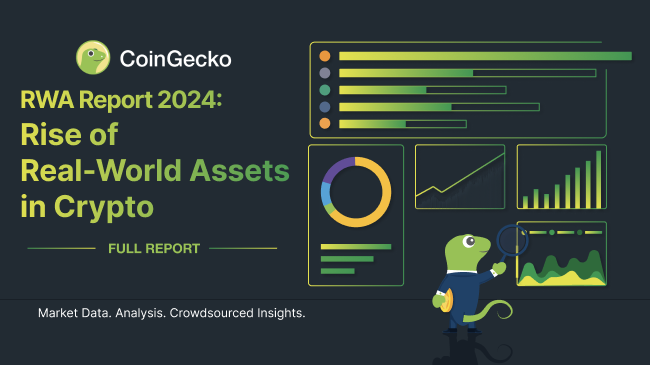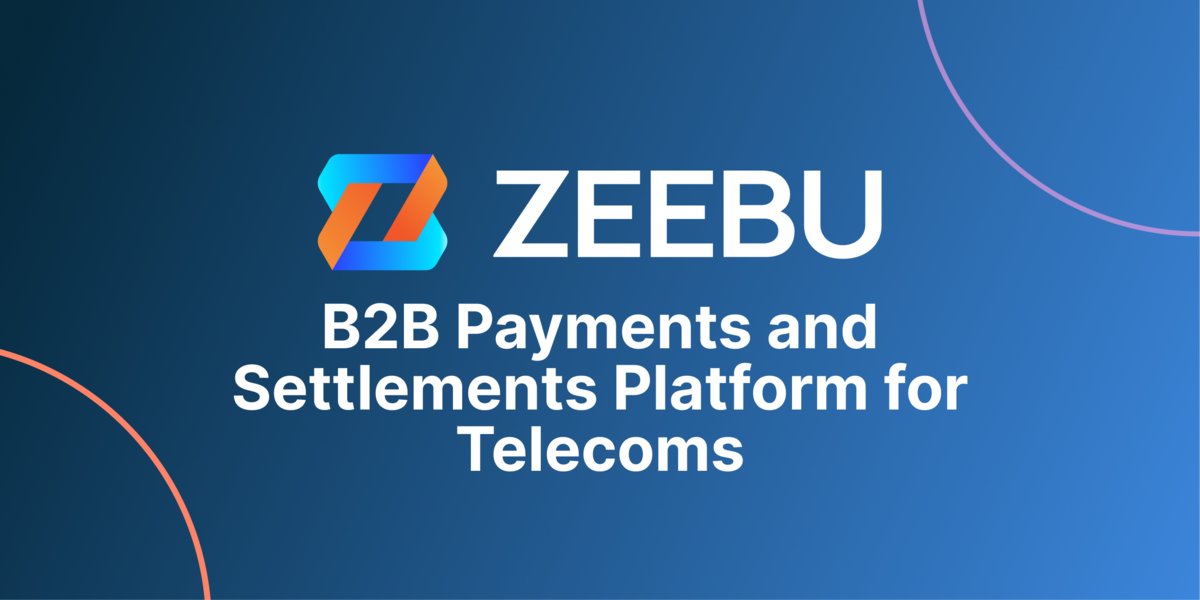In the past few years, Bitcoin has seen wild swings in its value against the USD, from $1,242 at its peak in November 2013, to around $195 at the time of writing. It’s difficult to pinpoint a single element that contributes to its volatility—instead, many factors influence its value:
- Bitcoin is inherently scarce, as its production is limited to 21 million BTC
- Bad press scares Bitcoin users into selling them, such as security breaches or government regulation
- Speculation from investors
The vast fluctuation in value compared to fiat money (currency that is declared legal tender by a government) may deter non-Bitcoin users from using the virtual currency. However, many options currently exist to hedge the volatility against other currencies or assets.
Centralized options:
The very nature of Bitcoin—a decentralized cryptocurrency without a central administrator—makes it easy to avoid having to trust a third party like the government. The users hold the private keys to their own Bitcoin. Centralized exchanges, on the other hand, force users to give up control of their private keys and work on the assumption that they’re trustworthy in a post-Mt. Gox world, where $450 million worth of bitcoins were stolen at the time.
Let’s explore some of the current centralized options that are available in the market:
1) Selling Bitcoin for fiat money
There’s a very simple way to hedge the volatility of Bitcoin: convert any Bitcoin that you receive immediately into your current fiat currency at a Bitcoin exchange, regardless of current market rates. That way, you are not speculating on the movements of Bitcoin.
If you don’t convert Bitcoin to fiat money, you’re leaving yourself exposed to currency risks: you may either get more or less of your fiat money in the future. Selling Bitcoin immediately for your desired currency has the effect of eliminating your exposure to Bitcoin’s volatility. Fred Wilson, the famed VC from Union Square Ventures recently noted on his blog that his colleague, Joel Monegro doesn’t own any bitcoin but instead has a “USD Wallet” on Coinbase where whenever he needs to spend or send bitcoin, he just does that out of his USD wallet.

2) Derivatives market
To understand what derivatives are, let’s look at the definition provided by Wikipedia:
“Derivative is a contract that derives its value from the performance of an underlying entity.”
There are two parties in every derivative instrument: one party hedges investments, while the other party speculates. Because of the complexity of derivatives, we don’t recommend this for uninformed investors who do not fully understand them.
Essentially, derivatives are an insurance policy to manage exposure to risk.
There’s an example that often gets thrown about to explain derivatives: farmers are generally concerned about constant price fluctuations in the market and want to protect themselves against a decrease in price (since higher prices equal to higher revenue). Let’s assume these rice farmers found an investor who is willing to pay $10/lbs when the rice is ready for harvest in three months’ time, even though the price may be higher or lower in the future.
3 months from now, if the price of rice is above $10/lbs, the investor benefits as he or she can buy the rice for less than market rate, and then sell them at a higher price (the current market rate) for a profit.
In reverse, 3 months from now, if the price of rice is below $10/lbs, the farmers benefit as they can sell the rice at above market rate. The farmers are protected from price fluctuations as they have locked the price down at $10/lbs.
With that in mind, there are several risks associated with derivatives to be aware of:
- Settlement risk: the risk that the other party never pays you. [1] Most derivatives traded on regulated exchanges have a clearing house that guarantees settlement, thus reducing settlement risk
- Counterparty risk: the risk that the counterparty does not adhere to contractual obligations [2]
To make it easier for consumers to participate in a Bitcoin derivatives market, several platforms exist currently. Some of them include:
1) BitMEX:
- Risks: counterparty risk
- Funding stage: unknown
- Based in: Hong Kong
- Registered in: Seychelles
- Advantage: centrally cleared derivatives exchange completely in Bitcoin
- Downside: it’s not very liquid at this time. No proof of solvency is made available although there are plans for this in the future.
BitMEX is an exchange that offers derivatives products with Bitcoin. It currently offers futures contracts on Bitfinex XBT/USD price. While there are no fees to deposit or withdraw Bitcoin, there are trading fees like many conventional brokerages.
2) Hedgy (private beta)
- Risks: some settlement risk
- Funding stage: $765,000 seed [3]
- Based in: unknown
- Registered in: unknown
- Advantage: uses multi-signature transactions (“Bitcoin 2.0”) to protect against theft and fraud
- Downside: limited liquidity as it's still new
Hedgy aims to solve the problem of Bitcoin’s volatility by using what they term as “smart contracts”, by combining the principles of derivatives and block chain technology. The platform also eliminates counterparty risk by "requiring margin deposits in bitcoin via non-custodial escrow." [4]
3) Coinapult
- Risks: counterparty risk
- Funding stage: $775,000 in Round 1 seed [5]
- Based in: Panama City
- Registered in: Panama City
- Advantage: it’s easy to lock down Bitcoin’s price to the value of one of five assets / fiat money. Merchants may also use them to start receiving Bitcoin; there are no fees to accept Bitcoin, no exchange risk, and no chargebacks
- Downside: by “locking” the Bitcoin’s price, you’re already selling your Bitcoin to be placed in Coinapult’s wallet. You’re not actually holding the Bitcoins, but a claim on a certain amount of fiat money, gold, or silver that you can exchange into Bitcoin anytime. It uses proprietary tech without revealing many specifics
Coinapult’s main feature is to “lock” down your Bitcoin’s value against one of five assets: gold, silver, USD, EUR, and GBP. Users may then “unlock” the price that they have locked down in the future, thereby avoiding themselves from being exposed to Bitcoin’s volatility. You may also send Bitcoin via email or SMS to users.
How it works behind the scenes, according to a Coinapult representative [6]: for instance, if you wish to “lock” 1 BTC for gold, Coinapult would sell 1 BTC and buy a comparable amount of gold. When you “unlock” the value in the future, they’ll sell the gold and purchase the BTC at current market rate.
There’s a fee of 0.75% to “lock”, and another 0.75% to “unlock”.
4) Bitreserve
- Risks: counterparty risk
- Funding stage: $9.6m from a crowdfunding campaign, from a combination of retail and institutional investors [7]
- Based in: US
- Registered in: US
- Advantage: publishes verifiable proof of solvency. Advocates real-time transparency by also publishing total revenue from currency conversions
- Downside: you’re selling your Bitcoin to be placed in Bitreserve’s wallet
Bitreserve allows users to hold Bitcoin as stable currency. To start, users may transfer their Bitcoin to the Bitcoin card in their Bitreserve wallet. After that, when they transfer Bitcoin to one of their five money cards (denominated in USD, EUR, GBP, JPY, and CNY), Bitreserve converts it at market rate (minus commisson). [8] Behind the scenes, Bitreserve sells your Bitcoin for USD or EUR.
Bitreserve charges a 0.45% commission for BTC to USD conversions, and 0.95% for BTC to EUR conversions.
Decentralized options:
While some of the centralized options seem convenient to use, Bitcoin users are finding it harder to trust third party platforms to hold their Bitcoin.
There’s a solution that solves this problem: a decentralized option that doesn’t require you to give up on your private keys to your Bitcoin.
1) BitShares
- Risks: systemic risk (the collapse of the entire market)
- Funding stage: undisclosed venture capital amount [9]
- Based in: US
- Registered in: US
- Advantage: decentralized service where you don’t have to rely on third parties. It also earns interest [10]
- Downside: there’s not a lot of liquidity to easily find a counterparty to your hedge
BitShares has developed bitUSD, a crypto asset that tracks the price of USD. As the private keys to your bitUSD lie in your hands, it’s cryptographically secure like Bitcoin. There’s also bitGLD, bitCNY, and even bitBTC (as you may have guessed, the acronyms suggest the asset they track) at the time of writing.
2) NuBits
- Risks: counterparty risk
- Funding stage: no public funding [11]
- Based in: unknown
- Registered in: unknown
- Advantage: no need to keep track of tax gains or losses on each purchase [12]
- Downside: questionable structure that may eventually collapse [13] [14]
A crypto currency that pegs to the USD, NuBits is another decentralized option that one can use to hedge against Bitcoin’s volatility as it claims to hold a value of USD1 as shown from the above 90 days NBT/USD price chart. Exercise caution, however, as its fundamental structure was suggested to be an “unsecured IOU from unknown issuers," according to Daniel Larimer, the founder of BitShares. [15]
Conclusion
While there have been more platforms that have arisen to take the challenge of solving one of the biggest issues affecting Bitcoin—that is, volatility—it’s important to understand the risks that you’re getting into before committing your money. Centralized solutions open up past Mt. Gox wounds, as companies implicitly ask users to trust that their Bitcoin would not vanish overnight.
On the other hand, decentralized solutions ensure that the private keys of Bitcoin are in the users’ hands, avoiding any trust issues completely. In the end, to choose a hedging option—like all risky investments—we’d advise you to use the information that we've provided and do further research on your own. You should choose one that allows you to sleep well at night.
Other sources:
http://www.investopedia.com/articles/investing/052014/why-bitcoins-value-so-volatile.asp
https://www.youtube.com/watch?v=JAhDUk0r4-0
Photo credit by sequence: Jason Benjamin, Tiger Pixel

Clement is currently working towards his CFP certification in New York. Read his insights on personal finance and travel on his blog. Follow the author on Twitter @saigoheiki










 Or check it out in the app stores
Or check it out in the app stores